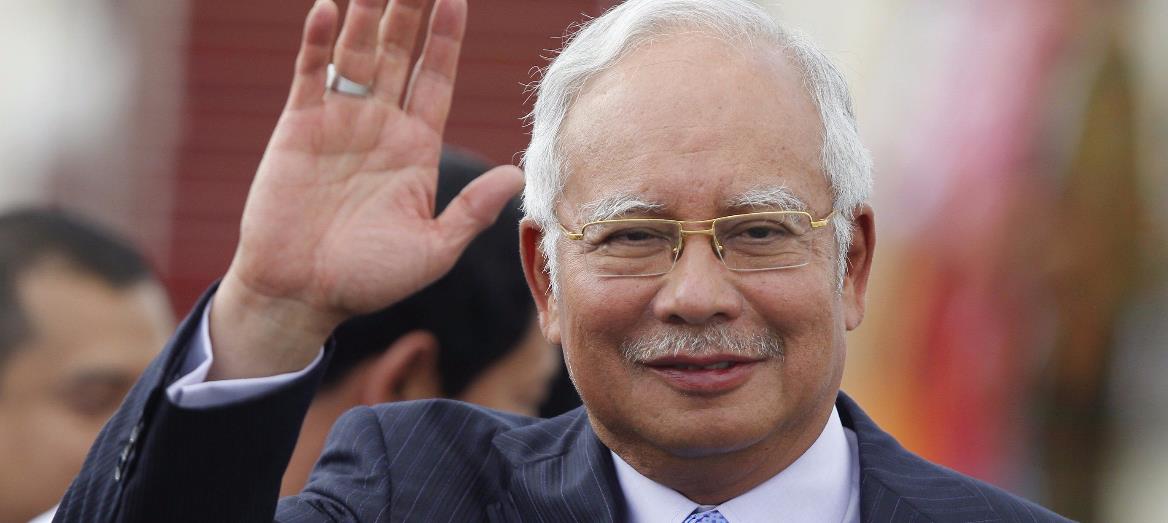KUALA LUMPUR, Jan 28 — Prime Minister Datuk Seri Najib Tun Razak will announce the recalibrated Budget 2016 at noon Thursday which will be based on the reality of the current economic situation.
The recalibrated Budget 2016, though necessary, will not in any way impact the people.
In fact the government, in deciding on recalibration measures, looked at optimising expenditure, reprioritising projects, stretching the ringgit and postponing some development expenditure.
It will avoid implementing austerity measures and maintain the 1Malaysia People’s Aid (BR1M) scheme as it was of direct assistance to the people and had a multiplier effect in urban and rural areas.
When the 2016 budget was announced on Oct 23, 2015 by Najib, who is also Finance Minister, it was based on crude oil price assumption of US$48 per barrel.
Since then, the scenario has been overtaken by events like sliding oil prices which meant lesser revenue for the government
Today, crude oil is fetching about US$30 per barrel, a sharp fall since the budget was presented.
Najib To Announce Recalibrated 2016 Budget Today Share on XNevertheless, the budget had to be adjusted accordingly to address rising cost of living, stimulate investment activities and strengthen the country’s balance of payment.
When addressing a special assembly at the Finance Ministry early this month, Najib had said it was better to be straightforward and state that 2016 was going to be a challenging year.
“I do not want to sweet-talk the people by not stating what the reality is. Let us be frank and honest and state that this year is going to be a challenging one,” he said.
Najib also reiterated that the challenges in 2016 were related to the state of the financial markets following the decision of the US Federal Reserve to normalise interest rates that would impact capital flows in the region including Malaysia, as well as the strengthening of the US dollar.
The challenges of 2016 necessitated more responsive and firm action, not only by the Finance Ministry but also the government as a whole, government-linked companies and the people.
The government has, for some time now, been reducing its dependency on oil revenue and had in fact introduced the Goods and Services Tax (GST) to improve the government’s coffers.
Its diversified economy coupled with the rationalisation of subsidies have provided a certain amount of cushion in revenue contribution.
Brisk domestic demand coupled with greater private investments locally and contributions from the manufacturing, construction, agriculture as well as the services sectors including tourism also lent to the nation’s coffers.
“It looks like 2016 is going to be a very challenging year, and we have to manage our resources with efficiency and at the optimum level.
“We have to be prepared and come up with the best way to ensure that our economy remains sustainable,” the premier was quoted as saying.
— BERNAMA

